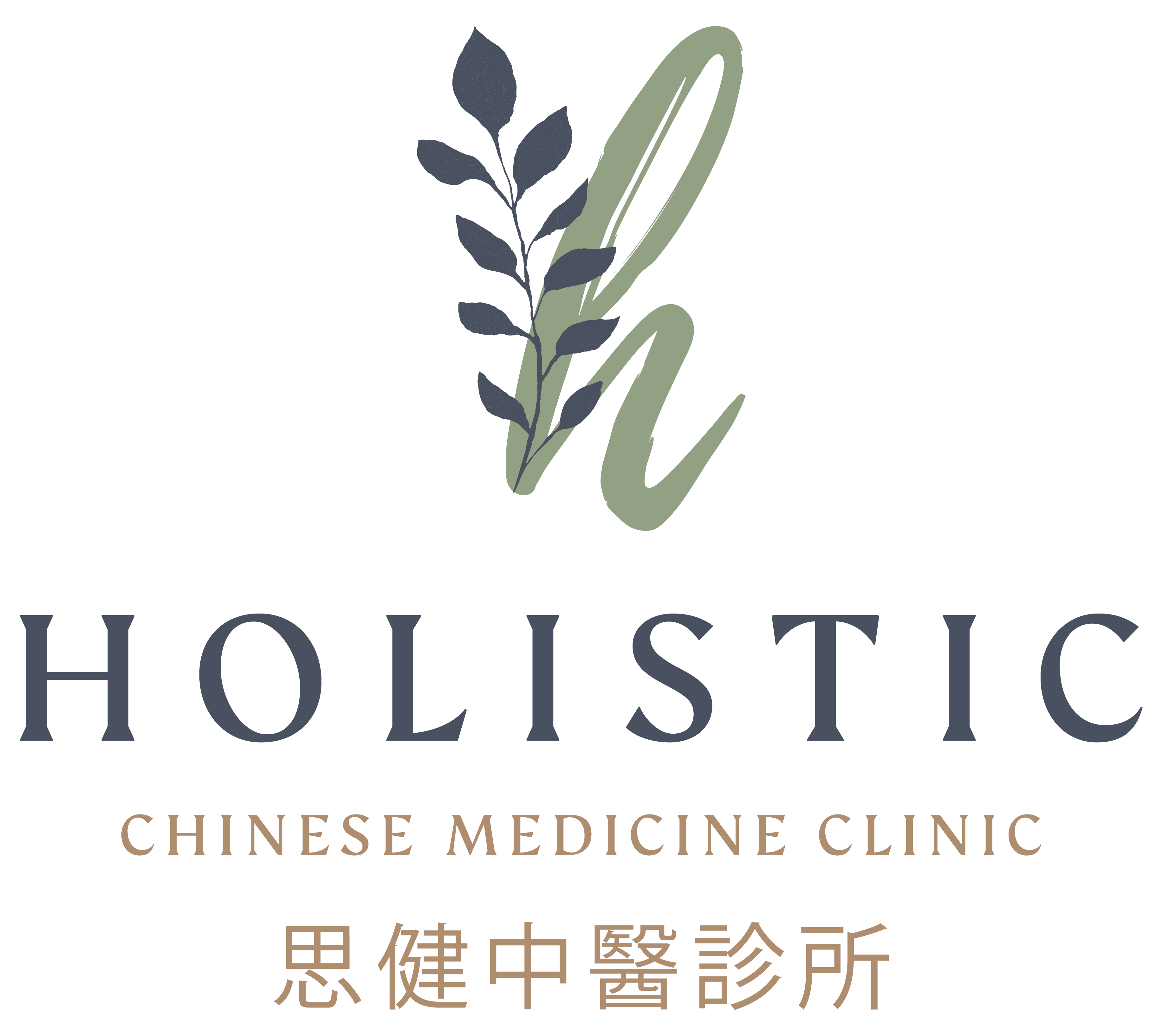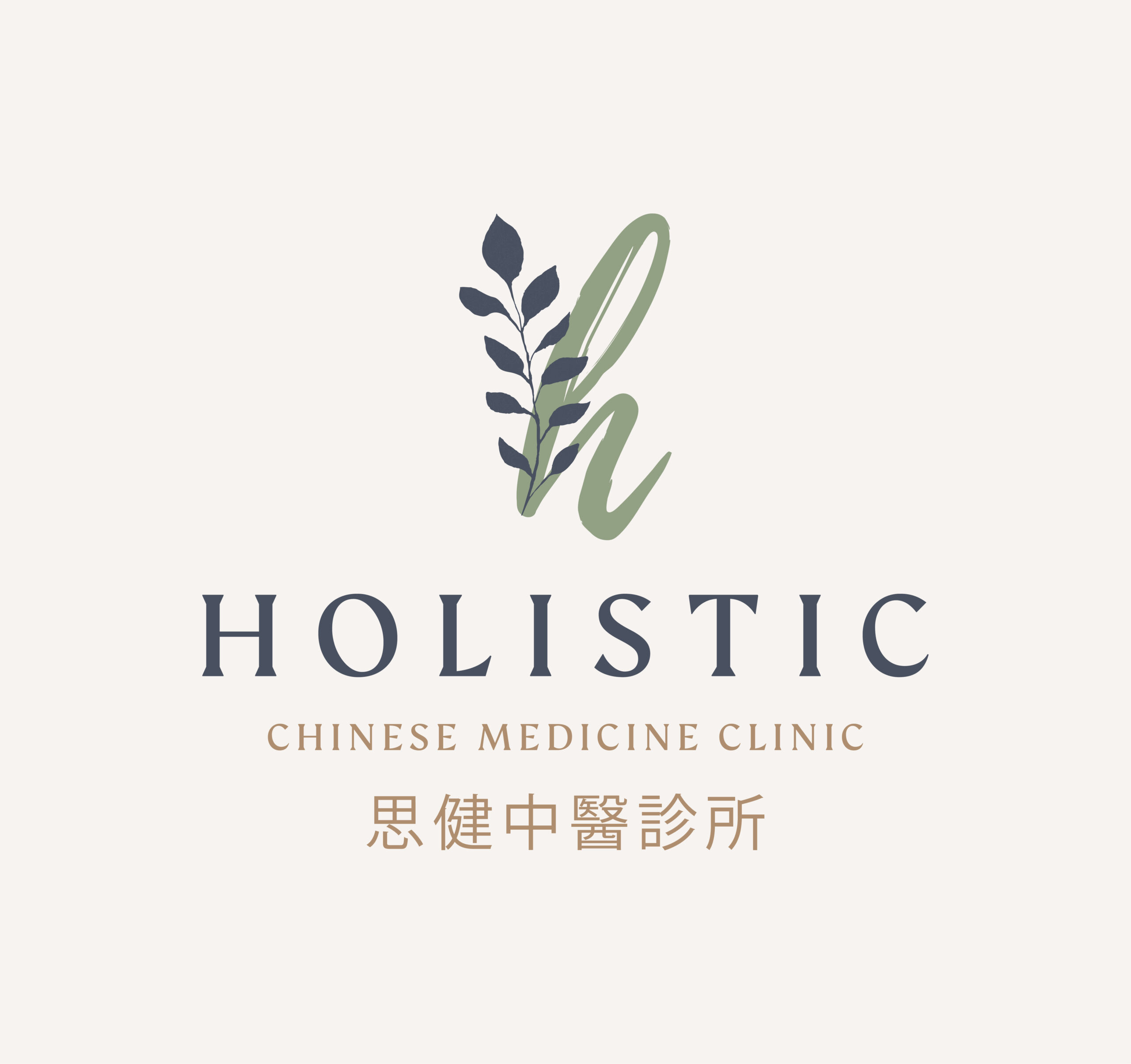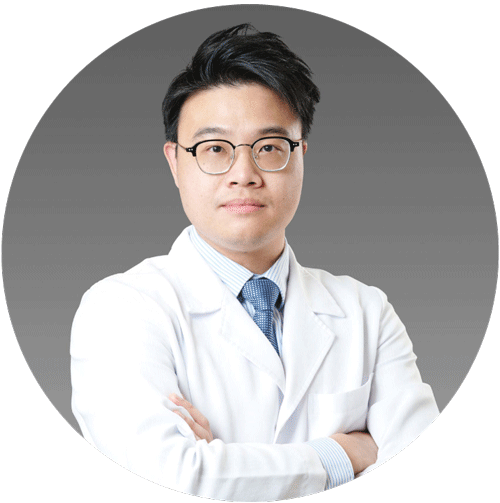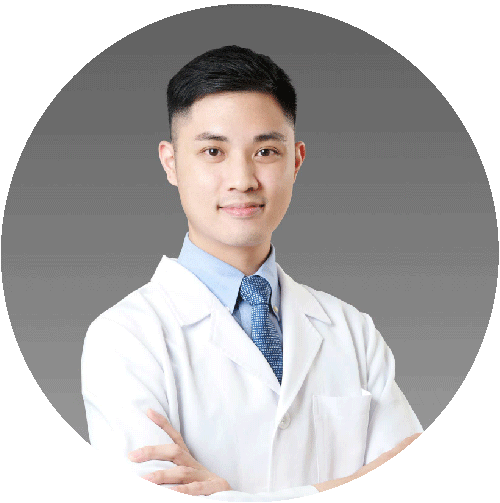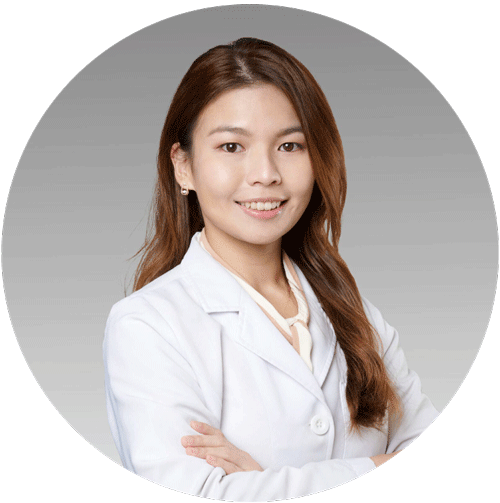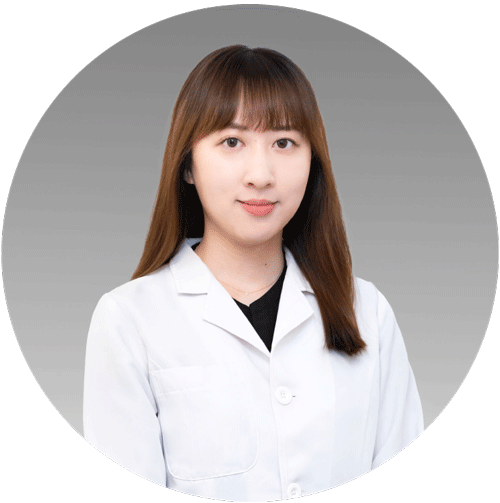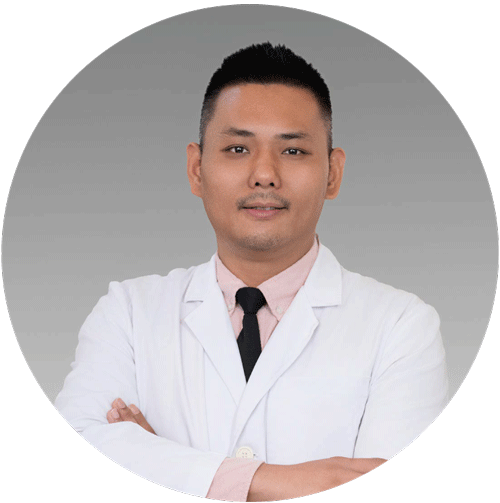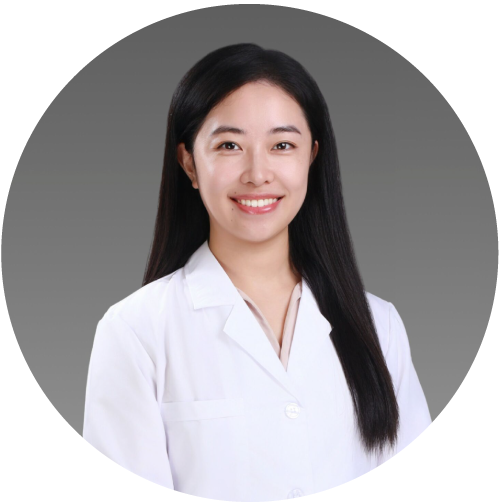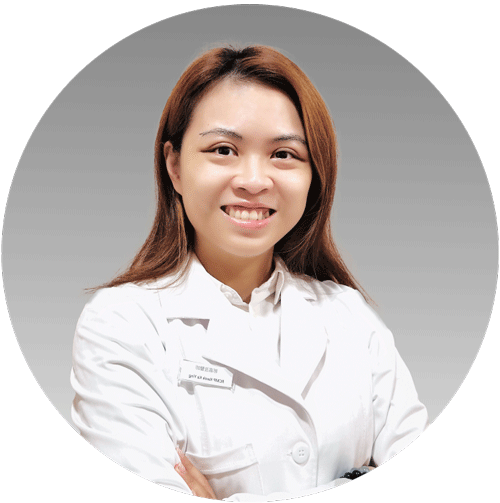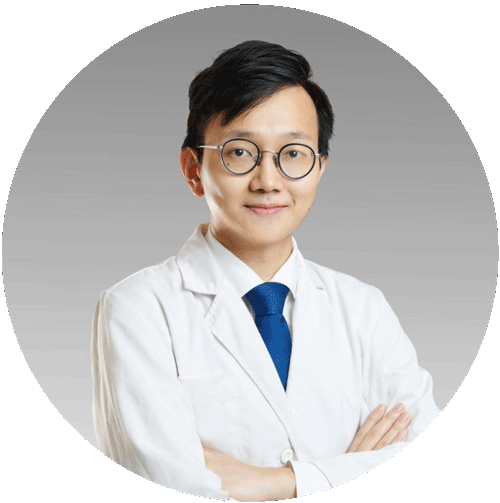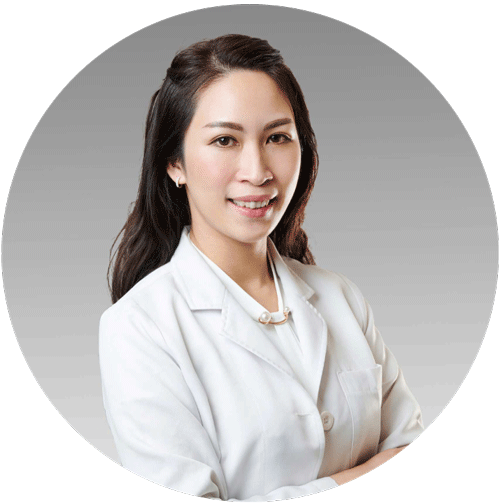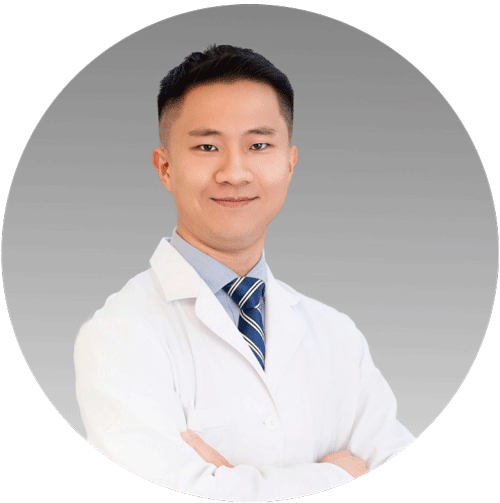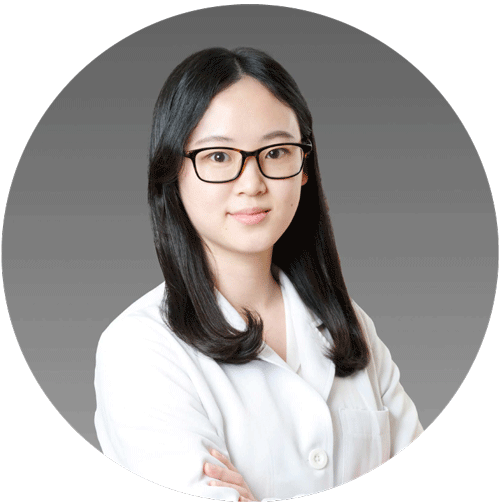Acupuncture works by activating meridians and stimulating acupoints to regulate the flow of Qi and blood. This process aims to facilitate circulation through the meridians, regulate organ function, and ensure that the body’s tissues and organs perform their respective functions, maintaining balance and stability.
Our acupuncture treatments in Hong Kong utilize professional CMP to help patients in Hong Kong to alleviate pain, relieve stress, and restore a healthy balance of mind, body, and spirit. We emphasize holistic assessment, tailoring the most suitable treatment plan to each patient’s individual health condition in order to achieve optimal therapeutic effects and help them overcome various ailments.

Acupuncture treatments:
Pain-related conditions :
- Headaches, migraines
- Cervical spondylosis, frozen shoulder
- Lower back pain, scenario
- Arthritis (eg. knee osteoarthritis)
- Muscle pain, sports injuries
Nervous system conditions :
- Sequelae of stroke (eg. limbdysfunction)
- Facial paralysis (Bell’s palsy)
- Neuropathic pain
- Insomnia, anxiety
- Depression
Digestive system conditions :
- Stomach pain, bloating
- Constipation, diarrhea
- Indigestion
- Irritable bowel syndrome (IBS)
Respiratory system conditions:
- Asthma
- Chronic bronchitis
- Allergic rhinitis
Gynecological conditions :
- Menstrual irregularities
- Dysmenorrhea (painful menstruation)
- Menopausal syndrome
- Infertility (adjunctive treatment)
Other :
- Allergic symptoms
- Smoking cessation, alcohol cessation (adjunctive treatment)
- Weight loss (adjunctive treatment)
Frequently Asked Questions (FAQs)
What is Acupuncture?
Acupuncture is a traditional Chinese medicine practice that involves inserting thin needles into specific points on the body, known as acupuncture points. This technique is believed to stimulate the body’s energy flow (known as “qi”) and promote healing. Acupuncture can help alleviate various conditions, including pain, anxiety, insomnia, and digestive issues. It is often used as a complementary therapy alongside other medical treatments.
In terms of traditional Chinese medicine, acupuncture aims to balance the body’s elements, the yin and yang. This vital rebalancing optimizes overall wellbeing.
The needle insertions seek to channel the vital energy that flows within the human body, known as qi. This qi passes throughout the body along a network of channels. By removing the blockages in these meridian channels and improving the flow of qi, it regulates the function of the body’s tissues and organs.
Research indicates that stimulating these pathways with needles can release neurotransmitters, simulate nerve endings, and alter the tension of fascia and muscles, thereby regulating physiological functions of the body, producing analgesic effects, or protecting the body from infections.
The practice has been shown to boost the body’s natural painkillers, since it targets opioid receptors in the brain. It can also help with joint problems, tendonitis, headaches, migraines and even issues such as respiratory and digestive disorders.
The reaction to treatment is unique with every patient. Acute problems usually require fewer treatments, whereas chronic conditions may be more complex or longer to treat.
Most patients find the process very restful and relaxing. They may experience a sense of weight, heat or movement around the area of needle insertion. The process is virtually painless, with at most a mild aching sensation when the needle reaches the appropriate depth. Once the needles are in position, there is usually no pain.
Acupuncture is a foundational element of traditional Chinese medicine and has likely been practiced for over 3,000 years. Its first record as a system for diagnosis and treatment dates to a Chinese medical treatise, The Yellow Emperor’s Classic of Internal Medicine. It then made its way to Korea, Japan and Vietnam.
The 14 main meridians of the body’s qi were first described in translation by a French diplomat to China, and the term meridian made its way into English. Acupuncture grew in popularity in the West in the 20th century, though there are indications a similar practice may have developed in Europe independently.
Who can have Acupuncture?
Acupuncture is suitable for all ages, from children to the elderly. It is commonly used in conjunction with conventional medicine, to treat a wide variety of conditions. The treatment can help the body fight inflammation and heal itself.
What to expect in our Acupuncture Hong Kong sessions?
Your initial visit for a HCMC acupuncture Hong Kong session will start with a thorough assessment of your condition, followed by your first treatment. This involves a gentle needling technique, where patients may feel little to no discomfort—just a brief pinch that quickly fades. Since sensitivity levels vary, our practitioners work closely with each patient to ensure comfort and a positive experience.
Additionally, the acupuncturist may use other therapeutic methods during the session to achieve the desired outcomes and restore balance to the body’s functions. Clients are welcome to relax, meditate, or listen to music during their treatment.
We commonly address pain-related issues, including arthritis, knee and shoulder pain and sciatica.
We provide effective acupuncture sessions in Hong Kong. To book an appointment or for any inquiries, please contact us at your nearest Holistic Chinese Medicine Clinic, and we’ll be happy to assist you!
HCMC Acupuncturist
Tsuen Wan Nan Fung Centre Clinic
Book Your Appointment Today!
Tsuen Wan Fuk Loi Estate Clinic
Shop 2, G/F, Wing Tai House, Fuk Loi Estate,
Tsuen Wan, New Territories
MAP
Tel: +852 5365 4658
____________________________________________________
Tsuen Wan Fuk Loi Estate Clinic
Shop 2, G/F, Wing Tai House, Fuk Loi Estate,
Tsuen Wan, New Territories
MAP
Tel: +852 5365 4658
____________________________________________________
Jordan Clinic
G/F, Yue Tak Building, 49 Jordan Road, Kowloon
(Austin MTR Station Exit A)
MAP
Tel: +852 9887 0542
____________________________________________________
Sai Ying Pun Clinic
G/F, 324 Queen’s Road West, Sai Ying Pun, Hong Kong
(Sai Ying Pun MTR Station Exit B1)
MAP
Tel: +852 6495 3357
____________________________________________________
